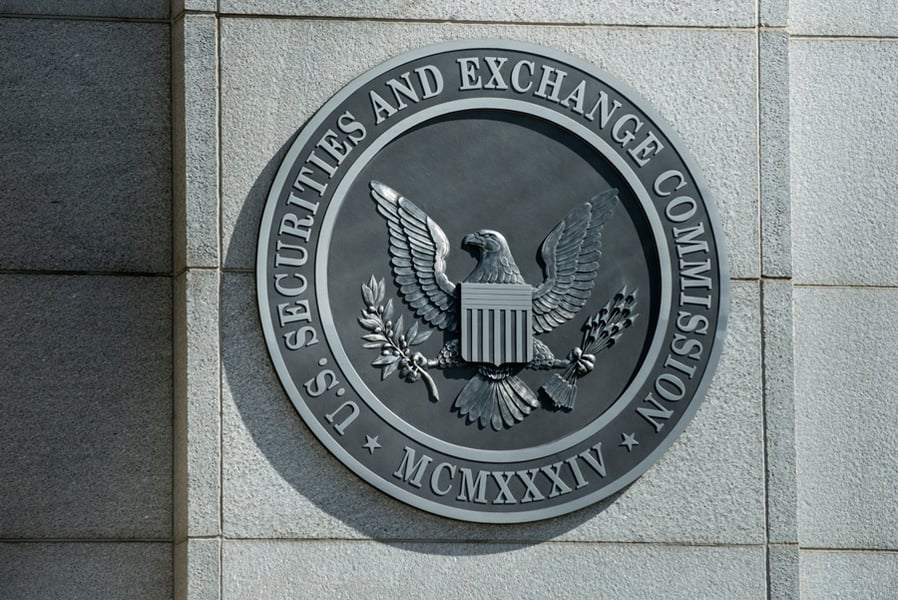The Securities and Exchange Commission took an initial step Wednesday to lay out legal limitations for a powerful industry that's known for questioning companies' decisions on executive pay and business strategy.
At a meeting in Washington, commissioners voted 3-2 to issue guidelines for fund managers' responsibilities in dealing with so-called
proxy advisory firms and clarifying that those firms' interactions with shareholders are generally covered by the SEC's rules.
[Recommended video: U.S.-China is most defining relationship in the world]
The new guidance is expected to be the first of a series of moves the agency will take under Chairman Jay Clayton to rein in firms such as
Institutional Shareholder Services Inc. and Glass Lewis & Co., which are hired by mutual funds and other shareholders to give advice on voting in corporate elections.
"Today marks an important first step" in improving the proxy-voting process,
Elad Roisman, the Republican commissioner leading the agency's efforts on the issue, said at the meeting. "The investors that I believe today's recommendations aim to protect are the ultimate retail investors, who may have their life savings invested in our stock markets."
Mr. Roisman said that he hoped the agency would soon consider other measures related to proxy voting.
[More: New SEC videos aim to help investors identify brokers vs. investment advisers]
Robert Jackson Jr., one of two SEC commissioners in Democratic seats, said he was voting against the guidance out of concern that it could cause smaller investors to vote less and make it harder for new firms to enter the market.
The U.S. Chamber of Commerce welcomed the news. Tom Quaadman, the executive vice president of the group's Center for Capital Markets Competitiveness, said the guidance was a "critical first step in bringing much-needed oversight to proxy advisory firms."
[More: How nuns got Wells Fargo to address its ethical lapses]







